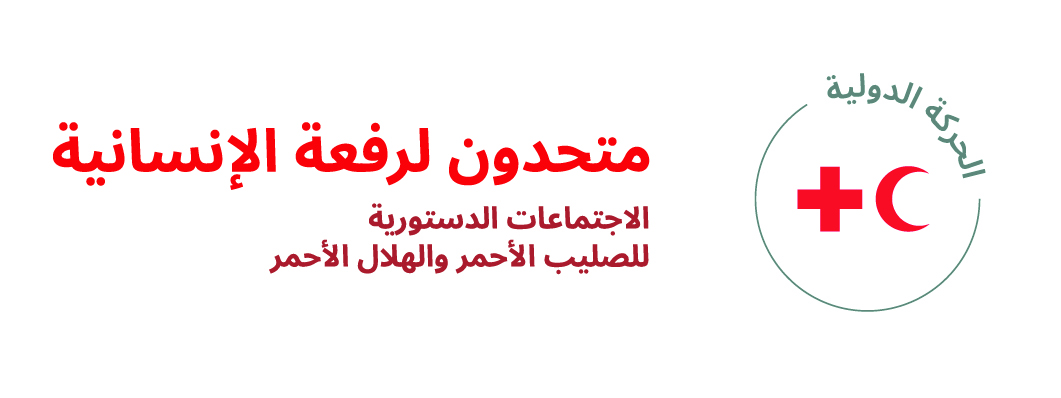أ) أهداف التعهد
Humanitarian crises, including armed conflicts and disasters, public health emergencies and displacement, affect people differently. Gender and other social factors including age, disability, health status, social status, and ethnicity, impact people’s vulnerability and capacity to prepare for, prevent and respond to crises.
For humanitarian work to be effective, it is essential to analyse the needs, priorities, opportunities, access to humanitarian resources and services and capacities of people that may be particularly vulnerable because of their gender, age, ethnicity, health and disability or social status.
Signatories pledge to Implement the Strategic Framework on Gender and Diversity Issues 2013-2020, endorsed by the Governing Board, May 2013 including through:
-
- Adopting policies and practises, that facilitate and promote gender balance and diversity at all levels of institutional structures, including as relevant; governance, management, staff and volunteers.
-
- Ensuring gender and diversity perspectives and commitments are articulated as appropriate in operational programmes and budgets.
-
- Making every effort to adhere to the Minimum Standard Commitments to Gender and Diversity in Emergency Programming 2015, as updated as relevant, in operations and programme design, implementation and evaluation.
-
- Seeking to collect sex-, age- and disability-disaggregated data, to inform operation and programme design, implementation, evaluation and reporting.
-
- Promoting policies, legislation and mechanisms as well as subsequent tools and plans that address discrimination and abuse based on gender and diversity.
ب) خطة العمل:
-
- At least 60 per cent of National Societies sign up to the pledge.
-
- IFRC and at least 50 per cent of National Societies implement the Strategic Framework on Gender and Diversity Issues 2013-2020, including adapted operational guides.
ج) مؤشرات قياس التقدم المحرز
N/a
د) الآثار المترتبة على الموارد:
N/a



